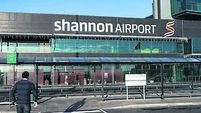Protesters demand Ukraine president’s resignation
The thousands demonstrating in the centre of Kiev are showing no signs of going away after the supreme court agreed last month’s presidential elections were illegal.
The situation is leading to fears of a political crisis in advance of a new presidential election run-off on December 26.














